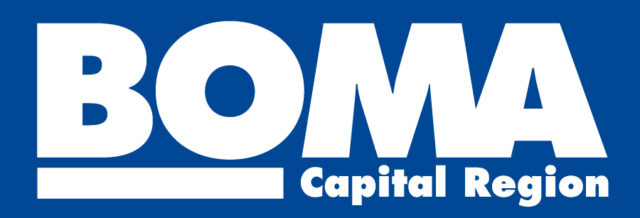
John Wismont, Controller of BBL Management Group, invited ReWire to present to the Capital Region Building Owners and Management Association (CRBOMA) at their March meeting. As Program Committee Chair for CRBOMA, John asked that we discuss the impact of the NYS Climate Leadership & Community Protection Act (CLCPA), specifically the implications it has for commercial property managers and owners.
The CLCPA requires NYS to reach net zero emissions by 2050, an ambitious goal. In addition, the Act also requires that investments in disadvantaged communities be prioritized and that there is support for workers to transition to clean energy jobs. While the Act does not detail a GHG reduction plan, the Scoping Plan, which was approved by the Climate Action Council on December 19, 2022, serves as the roadmap to meet the State’s goals. The Scoping Plan was created by various stakeholders that include:
- Climate Action Council – 22 member appointees that include State agency representatives, environmentalists, and power producers
- Advisory Panel – 7 sector panel which among other input, provided recommendations focused on promoting a fair and equitable transition to a clean energy economy for workers and communities, in addition to providing input on strategies to address environmental injustice
- NY State Government Agencies – These include NYS Department of Environmental Conservation (DEC), NYS Energy Research and Development Authority (NYSERDA), Public Service Commission (PSC), Department of Transportation, Department of Health, the Department of Labor and others
Buildings represent the largest source of GHG emissions (about 32%) in the State from the use of fossil fuels for space and water heating. As a result, that puts a lot of pressure on buildings owners and managers to determine how to meet the Act’s requirements. Building owners will not only need to adopt higher energy efficiency standards, but they will also need to consider the use of renewable energy sources as the CLCPA also requires the State to increase to 70% in renewable energy sources by 2030.
The CLCPA offers building owners and managers benefits such as reduced energy costs and access to financial incentives, but they may also face the challenges of upfront costs for upgrades and integrating renewable energy with building infrastructure.

So, what’s next?
The DEC, led by Basil Seggos, has until January 1, 2024, to draft and circulate enforceable regulations to ensure the State meets the CLCPA’s GHG emissions goals. Once those regulations are set, the DEC will review GHG reduction measures every 4 years.
If you are a building owner/manager, start to assess your property’s current energy use and costs and explore opportunities for efficiency upgrades and adding renewable energy sources. There are several funding and incentive programs that have been established under CLCPA to help finance the necessary upgrades and investments. In addition, start to think about monitoring and reporting systems to help you ensure the building is meeting energy use and emissions requirements. If you need help, ReWire is here for you. We can review your current energy use and create a custom plan to meet the CLCPA’s requirements while ensuring you are maximizing all available incentives.
Contact us today to get started!
